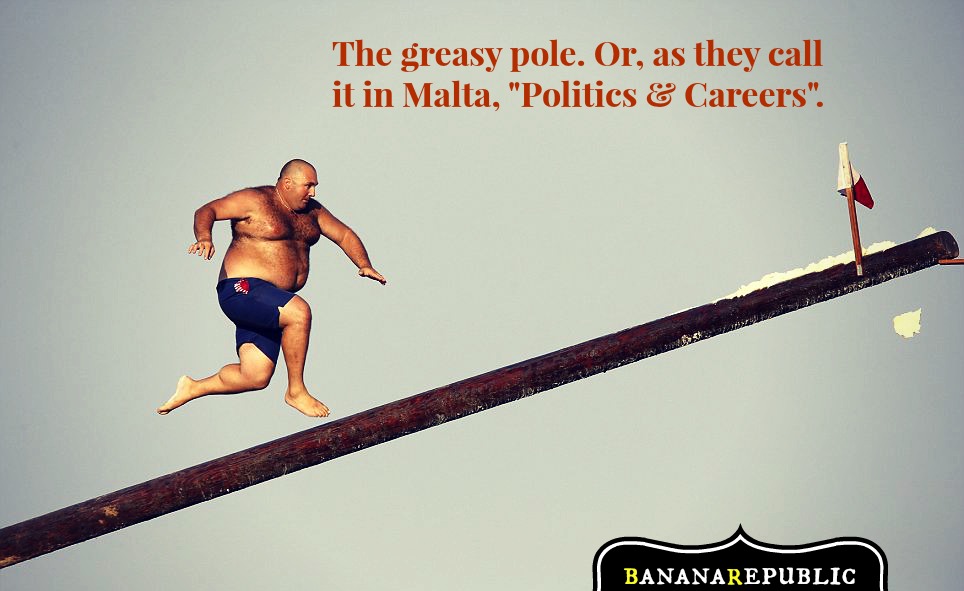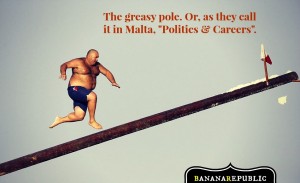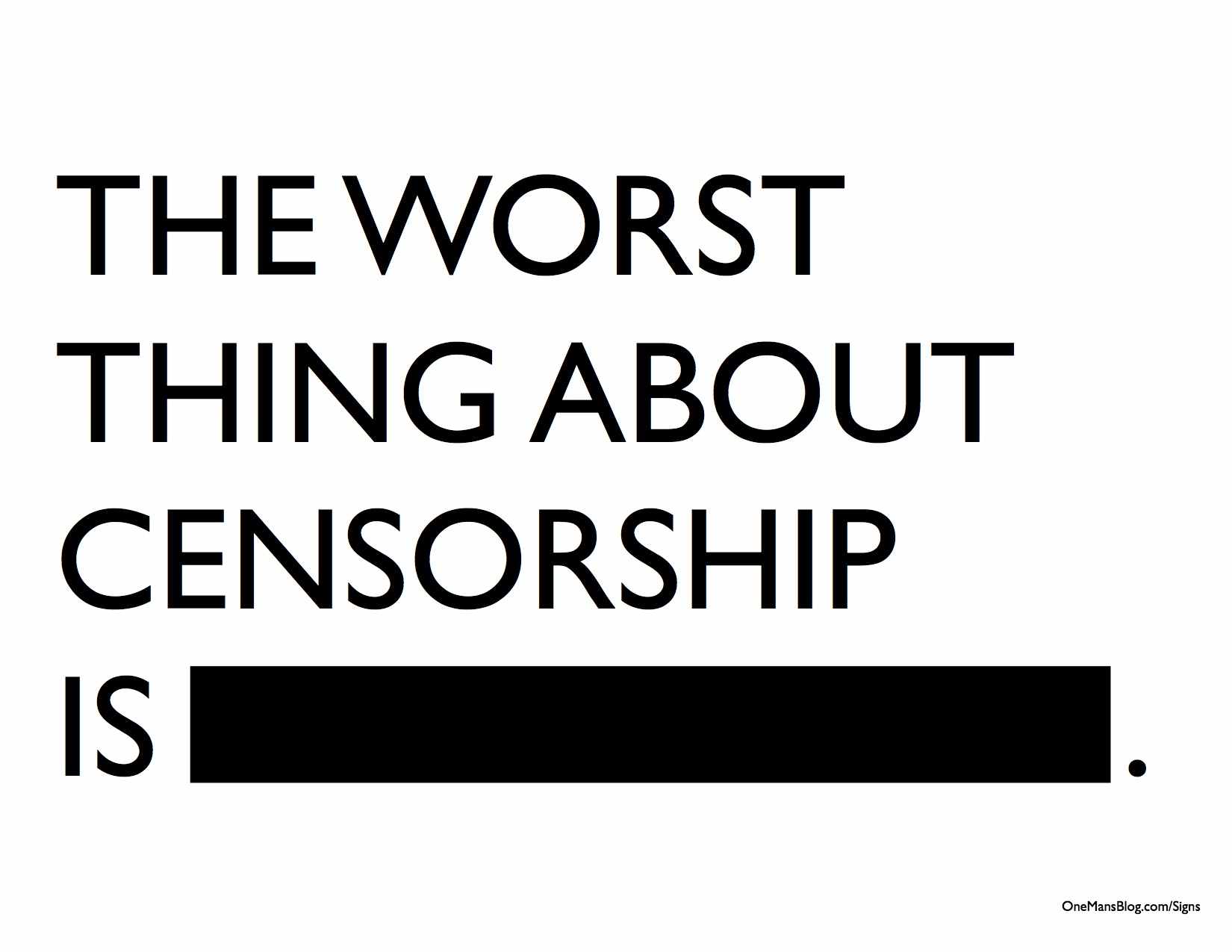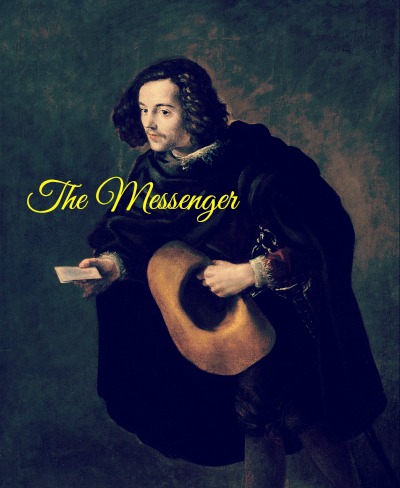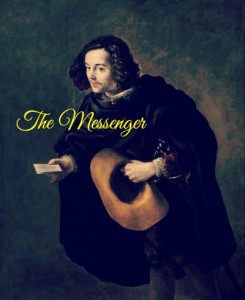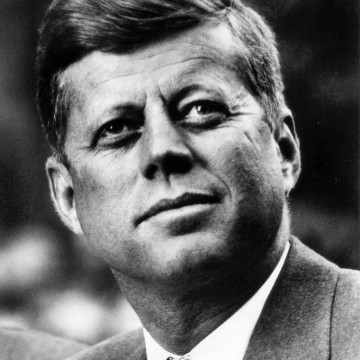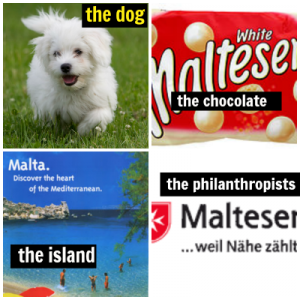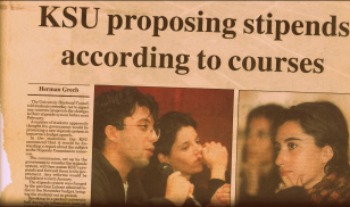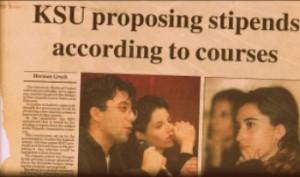Għażiża Gaia,
Din il-bloggata ma hix xi forma ta’ stmerrija jew disprezz lejn it-talenti u potenzjal tiegħek. Semgħek tkanta min kellu jisimgħek, u nies li żgur huma tal-widna iktar minni u li jifhmu fil-mużika wisq iktar minni raw fik talent mill-isbaħ li jekk indukrat tajjeb għad iferraħ widnet bosta oħrajn. Din ma hi bl-ebda mod xi attakk faħxi fuq il-persuna tiegħek u fuq kull min għandu għal qalbu “il-kompetizzjoni” tat-talenti li saret tant tħobb il-persuna mondana fis-seklu wieħed u għoxrin.
Kif issa taf sew Gaia, int ingħatajt premju (jew intqal li se tingħata dalwaqt) mingħand wieħed mill-ogħla uffiċjali fir-Repubblika tagħna. Dan l-uffiċċjal rak tirbaħ dik il-kompetizzjoni bejn ilħna żgħar għadhom mank imkissra u tant għereq f’orgażmu (tip ta’ eċċitament li titgħallem dwaru la tikber – jaf ikun eċċitament ikbar milli tirbaħ kwalunkwe premju) ta’ pjaċir u kburija illi donnu iddeċieda ħesrem, mingħajr wisq riflessjoni u ħsieb (kif wara kollox mid-dehra iħobb jagħmel) jikkonferixxi fuqek onorifiċenza ta’ importanza nazzjonali.
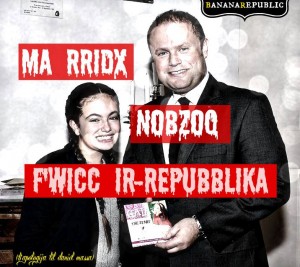 Iva Gaia, se tingħata Ġieħ ir-Repubblika. Mhux int biss. Imma anki “t-tim” tiegħek. Ma setgħax jonqos li fi żmenijiet bħal dawn nippremjaw “tim ta’ suċċess” għax hekk imorru l-affarijiet. Issa ħalli li l-uffiċjal f’intervista li ta’ lill-press lanqas ma kien ċert jekk hux se tkun l-Ordni tal-Mertu jew Ġieħ ir-Repubblika imma dawk dettalji relattivament żgħar – l-aqwa li se nagħtuha xi ħaġa hux.
Iva Gaia, se tingħata Ġieħ ir-Repubblika. Mhux int biss. Imma anki “t-tim” tiegħek. Ma setgħax jonqos li fi żmenijiet bħal dawn nippremjaw “tim ta’ suċċess” għax hekk imorru l-affarijiet. Issa ħalli li l-uffiċjal f’intervista li ta’ lill-press lanqas ma kien ċert jekk hux se tkun l-Ordni tal-Mertu jew Ġieħ ir-Repubblika imma dawk dettalji relattivament żgħar – l-aqwa li se nagħtuha xi ħaġa hux.
Issa ħa ngħidlek din Gaia. Din tal-onorifiċenzi ma hix xi ħaġa marbuta biss ma pajjiżna. Kull pajjiż għandu tiegħu tafx – lista ta’ nies li jiġu ippremjati jew b’rikonoxximent għal xi xogħol jew servizz li għamlu lejn il-pajjiż jew (ejja ngħiduha kif inhi) lista ta’ nies li ingħataw xi unur għax għaddew min hawn u ridna skuża biex ikollna riċeviment. Biex niftehmu kienu ilhom li naqqsu l-importanza ta’ dawn l-onorifiċenzi – kull ma għandek tagħmel hu li tqis li qablek kien hemm nies emeriti bħal Gaddafi (revokat) u Kim Il Sung li ingħataw l-istess unur mingħajr ma kantaw l-inqas strofa.
Li jinkwetani hu li minkejja il-merti kollha li jista’ jkollok int bħala kantanta hemm xi ħaġa li ma ddoqlix dwar il-mod kif l-uffiċjal tal-pajjiż ma jidher li għandu l-ebda stima jew rispett lejn is-simbolu tar-Repubblika u kull ma hu rappreżentat minnha. Ma kienx biżżejjed li iffissa prezz tas-suq fuq in-nazzjonalita – fuq il-fatt li wieħed ikun Malti. Ma kienx biżżejjed illi l-għażla ta-qaddejja fidili tar-Repubblika saret farsa sħiħa fejn iktar tistħajjel orġja (iva erġajna) ta’ ħbieb tal-ħbieb jiffangaw.
Ma kienx biżżejjed u issa ser inqassmu ukoll l-onorifiċenzi qishom il-pastizzi proverbjali. Li jinkwetani Gaia mhux li int, bħala Gaia, se tingħata onorifiċenza – ħalli li huwa lampanti li fil-każ tiegħek u dak li għamilt mhux talli ir-Repubblika qed tkun ġeneruża imma qed tniżżel ħafna l-istandard ta’ x’għandu jiġi ippremjat. Jinkwetani appuntu din il-moda li ma tagħrafx il-bżulija, l-għaraq ta’ min jistinka u t-talent imrawwem fuq medda ta’ żmien.
Jinkwetani li l-valur ta’ dak li aħna kburin bih bħala Maltin qiegħed kull ma jmur jitnittef fix-xejn. Tisma għajta ġdida imgeżwra fil-gidba egalitarja u meritokratika tal-Moviment Tagħna Lkoll biex kullħadd ikun jista’ jidħol l-Universita, kullħadd ikun jista’ jingħadd bħala kantant u kullħadd ikun jista’ jsir politiku. Kullħadd, jgħidulek għandu dritt għall-opinjoni u kullħadd għandu dritt għal xogħol bħala uffiċjal mal-gvern avolja ma jkunx jifhem f’kazz (skużani imma kulltant ir-rabja tagħmel bijja). Għax inkella taf int, Gaia, “mhux fjer” jew “ilhom ipappuha u issa imiss lilna lkoll”.
Allura nistaqsi Gaia, din hi il-ħolma Maltija? Dan hu “The Maltese Dream”? X’jibqalek hi u tagħlaq is-sena 2013 li tgħid li inti kburi li tgħix jew tiġi minn din il-gżira?
Għad għandek 11-il sena Gaia. Ma nafx kemm ħaqqek terfa’ responsabilta’ bħal din fuq spallejk imma inħeġġek taħseb ftit dwar pajjiżek u n-nies li jgħixu fih u forsi ġo ħsiebek tinbet idea jew riżoluzzjoni li minbarra li tipprova tgħix ħajja normali, int u l-ġenerazzjoni tiegħek tagħrfu tarmu iċ-ċuċati li bihom iżejnu u jiddandnu l-uffiċjali ta’ llum. Għallinqas hekk l-unur (forsi) ikun sewa’ għal xi ħaġa.
Mill-bqija, setgħet kienet banana.
Ma rridx
nobżoq
f’wiċċ ir-repubblika.
(Daniel Massa)


